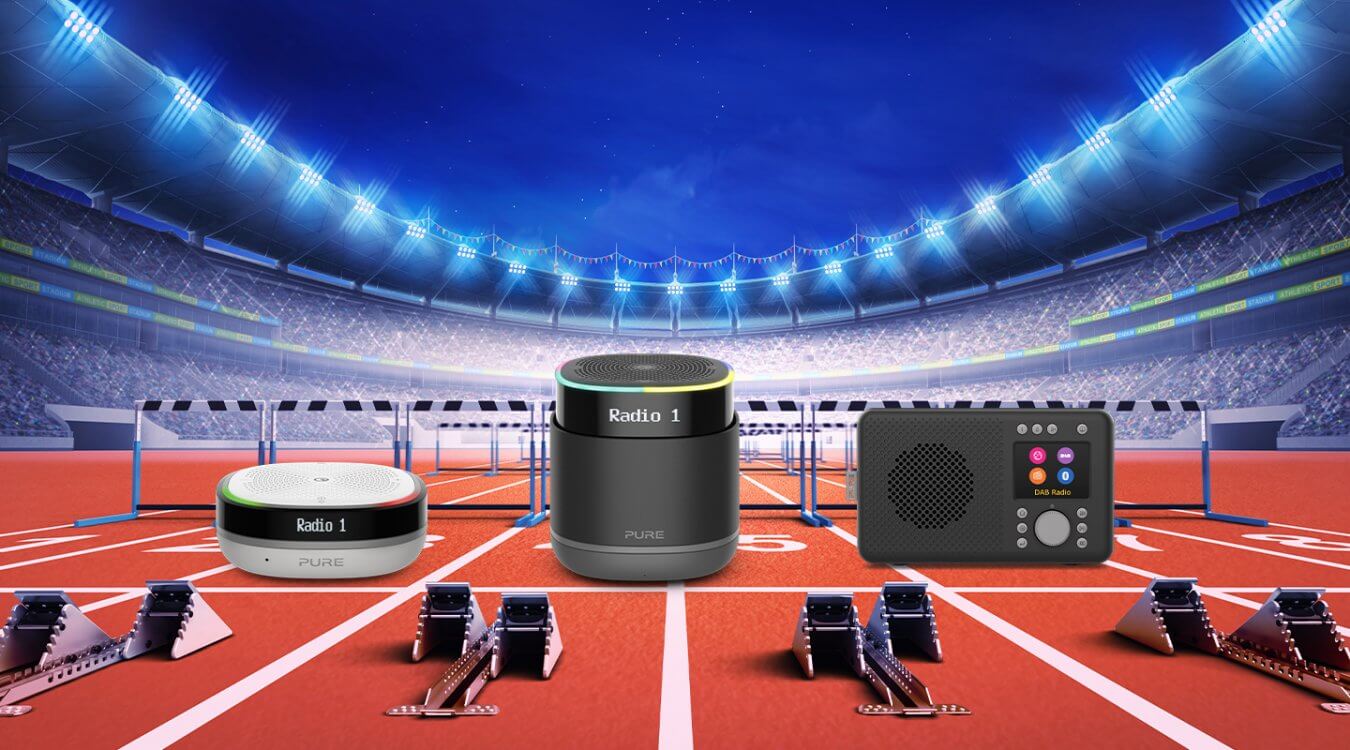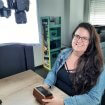How The Olympics Take Place on the Radio
Picking up where we left off for the EURO 2020, we are looking into the history of sportscasting for the Olympics. Another event where the heroic acts of the demigods of athleticism are narrated by the crème de la crème of sports commentators. And although the transmission of Olympic events has progressed from amphora paintings to digital coverage, live commentary on the Olympic Games is no easy feat.
To make it to the Olympus of sportscasting, a commentator must be quick, concise, very well informed and good at improvisation. During those events, things are happening fast and often unexpectedly, so here we have the top 3 unexpected and surprising moments of the Tokyo Olympics for you!
Sharing is caring: Two friends chose to share gold medal instead of breaking their tie
Some say there’s no such thing as friendship between rivals. But Mutaz Essa Bashim and Gianmarco Tamberi proved them wrong. The two athletes competing in high jump tied and could have gone to jump-off to establish a winner. However, the bond between Tamberi and Bashim goes beyond the track. When an Olympic official explained the jump-off rule, the latter interrupted and asked if two gold medals could be awarded. In a true display of sportsmanship, they both ecstatically agreed to share the podium – a heartwarming moment and unexpected decision.
Self-balanced mentally and on beam – Simone Biles makes bronze after withdrawing from another event
“Twisties” is not a funny name for something to snack on between competitions. It is the term for issues with air awareness that is well known in gymnastics. Simone Biles experienced this firsthand during her first performances at the Olympics. Taking care of herself, she withdrew from the teams event only to come back later, body and mind in sync, to win a bronze medal with her performance in balance beam.
Knit one row, purl one row – British athlete knits pouch for his gold medal
Tom Daley, British diver and gold medalist, went viral for knitting in the stands while cheering on his fellow athletes. Daley, who won the men’s 10-meter platform diving competition, revealed that he was knitting a pouch for his gold medal, stating that knitting helps him find his calm and mindfulness. We can’t wait to see what his future sports and knitting projects are. Sportscasters are probably brushing up on their knitting trivia to let loose a tirade of meme-esque comments at the next diving event as we speak.
If you’ve ever wondered how such an event is organised or how sportscasting evolved, this next bit is for you!
Olympic Broadcasting Services (OBS) are not as old as the Olympic Games. The International Olympic Committee (IOC) created this host in 2001 to provide a standardised Olympic broadcasting structure. OBS have since been the centrepiece of delivery international radio and television coverage of the event to rights-holding broadcasters around the world. That way, audiences everywhere could be in the heart of the action, witness the lavish celebrations and share the winners’ delight.
The importance of transporting events like the Olympics around the world via broadcasting is cemented in the Olympic Charter, which states that “the IOC takes all necessary steps to ensure the fullest coverage by the different media and the widest possible audience in the world for the Olympic Games.“
But where did sports commentary originate from and how did it start? Enter Edmond Dehorter, known as the “father of sports commentary”, who not only commented on a Paris boxing match that went down in media history, but also on the 1924 Olympic Games in Paris. People would gather around their radio device as if it were a log fire to listen to the commentary of the sports journalist nicknamed “the unknown speaker”. And today, we are still gathering in front of our screens or turning up our radio devices in the kitchen or the car to be part of these moments shaping the history of sports.
For more Olympic (broadcasting) history, we recommend this virtual museum.








